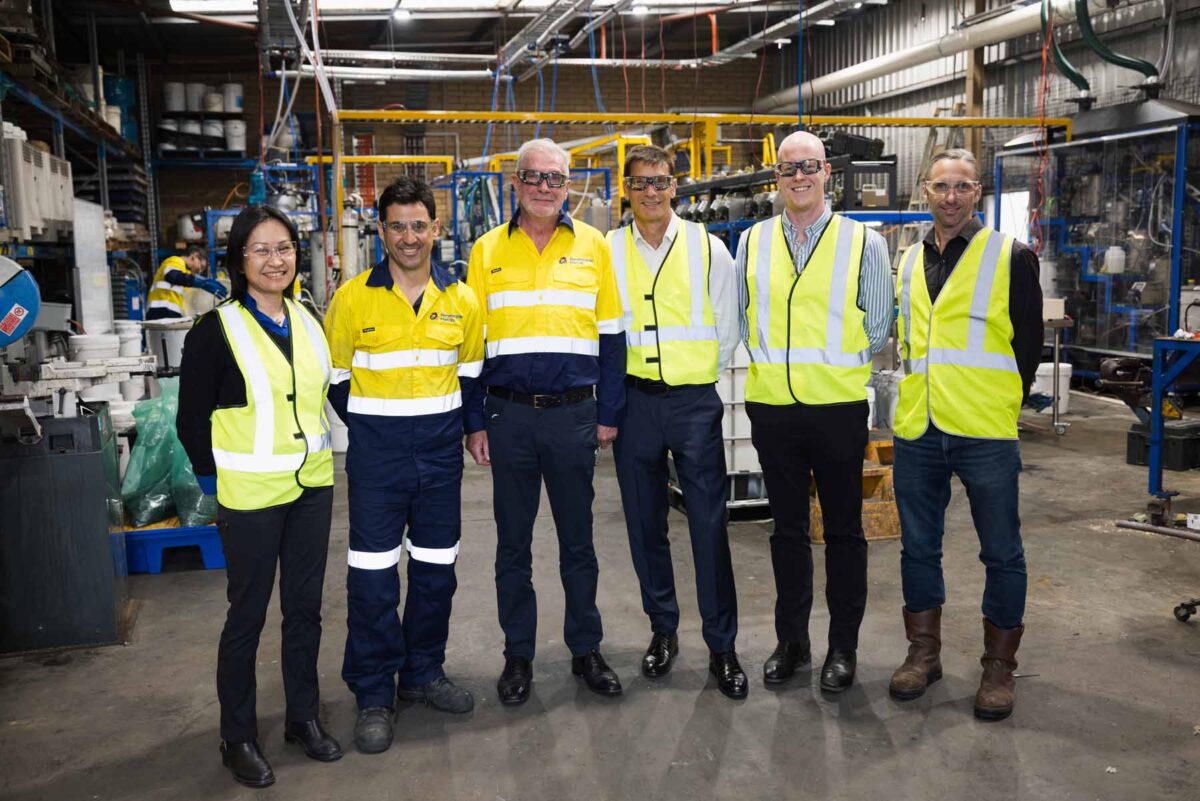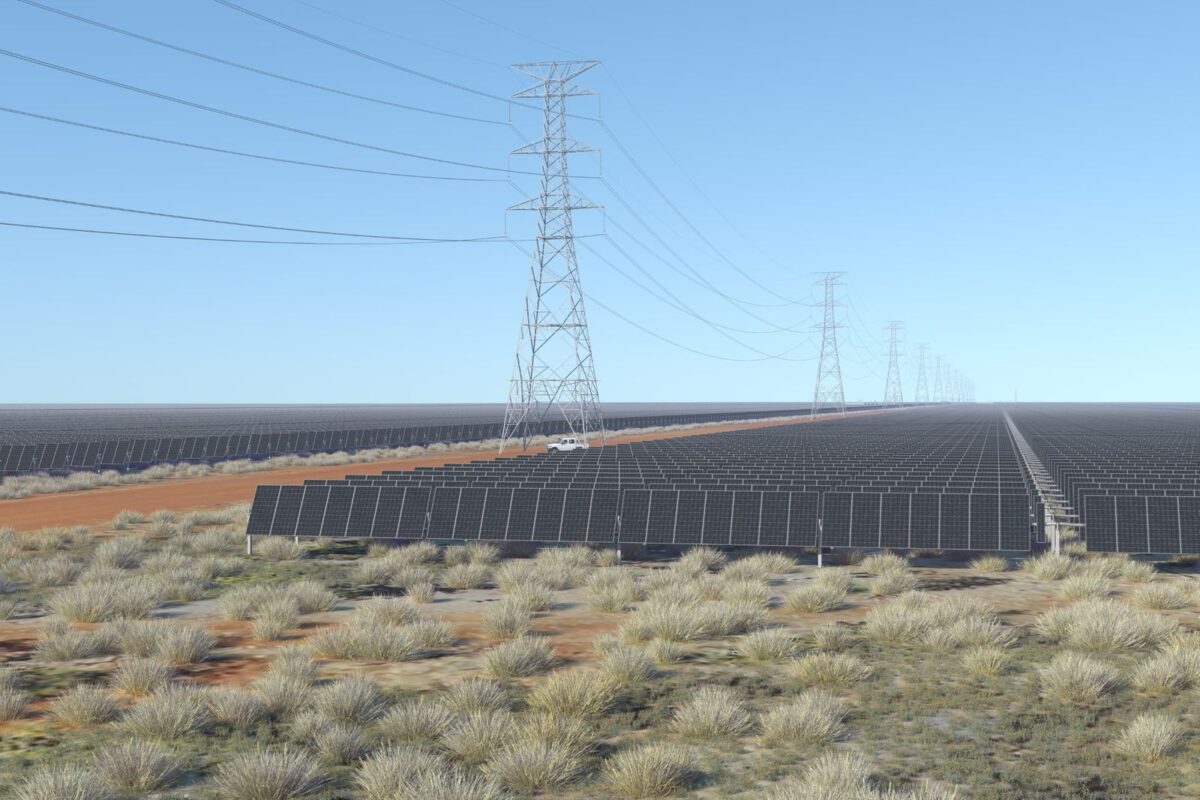Western Australian battery recycling specialist Renewable Metals said the $8 million seed funding will support the development of a pilot plant in Perth and bring forward the construction of a larger-scale demonstration plant capable of processing up to 1,500 tonnes of battery waste annually.
The funding round was led by Asia Pacific-focused venture capital firm Investible through its Climate Tech Fund and the Clean Energy Finance Corporation (CEFC) through Virescent Ventures, with support from United States-based venture investor the Grantham Foundation for the Protection of the Environment.
Renewable Metals said the capital will also support the expansion of the company’s staffing levels to further develop the battery recycling industry in Australia, which the CSIRO has estimated could help recover up to $3.1 billion of valuable battery materials and metals, including lithium.
With the demand for lithium and other critical minerals forecast to increase dramatically in the coming years, driven by rapidly growing demand for stationary storage and electric vehicles, just 10% of Australia’s lithium-ion battery waste was recycled in 2021, compared to 99% of lead battery waste. This is despite the reusability of 95% of lithium-ion battery components.
Established in 2022, Renewable Metals has developed an alkali-based solution to recycling end-of-life lithium batteries that it claims can recover more than 95% of the valuable materials including lithium, nickel, cobalt, copper, manganese and graphite.
Renewable Metals said its approach eliminates the need to pre-process to black mass (crushed battery cells), simplifies the extraction process, and reduces processing costs by up to 30% compared to competitors.
The company said its recycling technology works for all major battery chemistries, including lithium iron phosphate (LFP).
Renewable Metals Chief Executive Officer Luan Atkinson said the novel extraction method will allow the company to play a crucial role in advancing Australia’s sovereign capability in the battery supply chain.
“To decarbonise quickly, the world needs cost-effective recycling solutions that maximise recovery for all types of lithium batteries, not just higher value ones with nickel and cobalt,” she said.
“We’re thrilled to be backed by the CEFC, Grantham and Investible. Their support will accelerate our scale-up as well as help create two to three times more value than the current Australian practice of exporting batteries or black mass for recycling overseas.”
The recent study, produced by professional services company Accenture, estimates that growth in demand for batteries has increased by 64% in the past two years and will continue to accelerate to the end of the decade.
Australia’s Department of Industry, Science and Resources has estimated that global lithium consumption is forecast to grow by 20% annually but has warned of a potential shortfall of lithium.
Virescent Ventures Partner Blair Pritchard said battery recycling that extracts valuable metals and materials is an important part of building Australia’s circular economy as this demand for batteries grows.
“There is a growing global need for effective waste management strategies as demand for lithium-ion batteries rises, driven by the increasing electrification of transport and the renewable energy generation storage sector,” he said.
“By developing end-of-life battery systems, Australia can participate across the battery value chain, from critical minerals extraction, refining, processing operation and maintenance and the eventual repurposing and recycling of batteries and components.”
This content is protected by copyright and may not be reused. If you want to cooperate with us and would like to reuse some of our content, please contact: editors@pv-magazine.com.









By submitting this form you agree to pv magazine using your data for the purposes of publishing your comment.
Your personal data will only be disclosed or otherwise transmitted to third parties for the purposes of spam filtering or if this is necessary for technical maintenance of the website. Any other transfer to third parties will not take place unless this is justified on the basis of applicable data protection regulations or if pv magazine is legally obliged to do so.
You may revoke this consent at any time with effect for the future, in which case your personal data will be deleted immediately. Otherwise, your data will be deleted if pv magazine has processed your request or the purpose of data storage is fulfilled.
Further information on data privacy can be found in our Data Protection Policy.